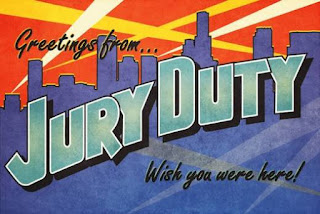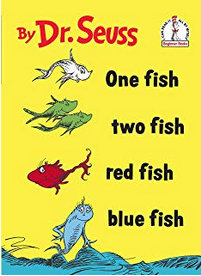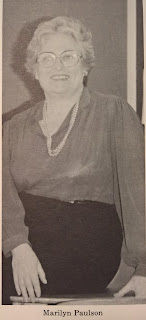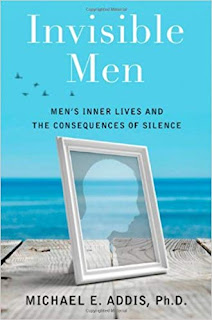Search This Blog
♥ YA Novelists Pushing the Boundaries of the Genre and Writing from the Heart ♥
Posts
Showing posts from June, 2019
Posted by
Brian Katcher
Al-Azif (the Necronomicon) (Brian Katcher)
- Get link
- Other Apps

Posted by
Dean Gloster
Literally (and Literary-ly) Changing My Mind by Dean Gloster
- Get link
- Other Apps
Posted by
Jennifer R. Hubbard
The value of revisiting history (Jennifer R. Hubbard)
- Get link
- Other Apps

Posted by
Courtney McKinney-Whitaker
The Berenstain Bears Change Their Minds (Courtney McKinney-Whitaker)
- Get link
- Other Apps

Posted by
Brenda Hiatt
The books that helped convince me (Brenda Hiatt)
- Get link
- Other Apps
Posted by
Christine Gunderson
Giants in the Earth by Christine Gunderson
- Get link
- Other Apps

Posted by
Patty Blount
Some books change your mind, others reveal it...by Patty Blount
- Get link
- Other Apps
Posted by
Holly Schindler
EVERYTHING I HAD (HOLLY SCHINDLER)
- Get link
- Other Apps

Posted by
Alissa Grosso
Brown Bear, Brown Bear, Who Will You Maim (Alissa Grosso)
- Get link
- Other Apps

Posted by
Jodi Moore
The Right Book at the Right Time (by Jodi Moore)
- Get link
- Other Apps

Posted by
Maryanne Fantalis
How Do You Read? (By Maryanne Fantalis
- Get link
- Other Apps

Posted by
Sydney Salter
Thinking About Men by Sydney Salter
- Get link
- Other Apps

Posted by
Kimberly Sabatini
I Read to Have My Mind Changed - By Kimberly Sabatini
- Get link
- Other Apps